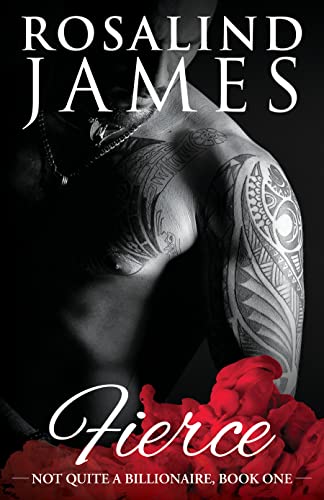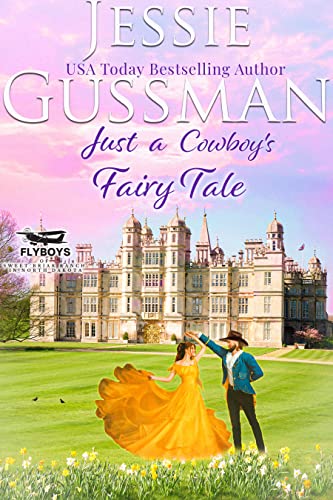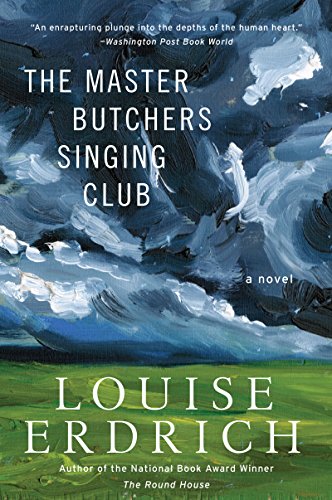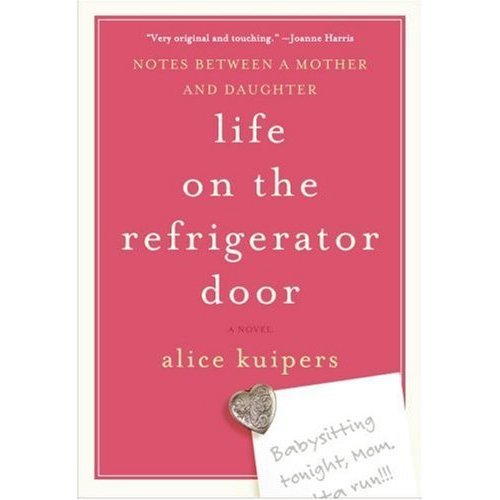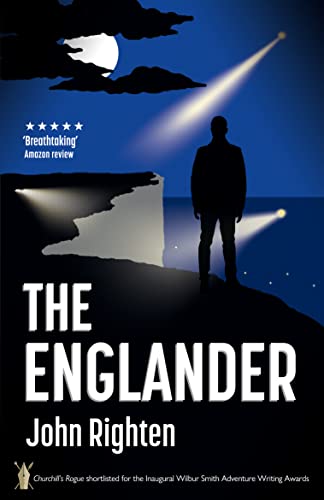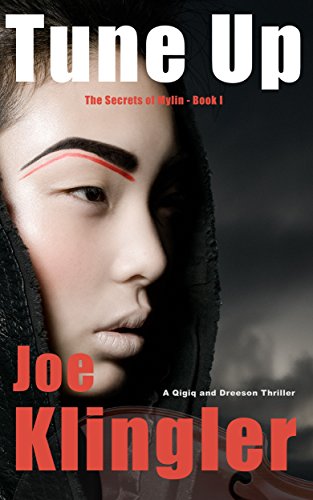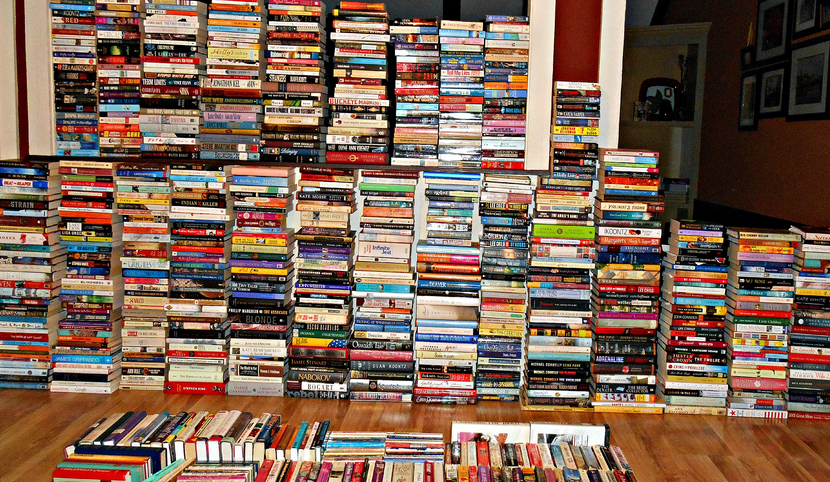Why Don’t I Read All My Books? Author Karen Olsson tries to answer this question. Support our news coverage by subscribing to our Kindle Nation Daily Digest. Joining is free right now!
I own a book called Love and Loss: American Portrait and Mourning Miniatures, itself a small object with a haunting image on the cover: a tiny 19th-century portrait of a dead teenage girl. The book came out in 2000, to accompany an exhibition of miniatures at Yale University Art Gallery, and I bought it not long afterward, though I can’t remember precisely when or why. Although I’m sure I meant to read the book, now it seems to me entirely foreseeable that I would not, in the 19 years since then, have so much as skimmed a chapter of Love and Loss: American Portrait and Mourning Miniatures, because it is just the sort of book that I would order and then eagerly leaf through when it arrives and then stick on the shelf and never read.
Doesn’t every bibliophile do this, buy books and fail to read them? Actually no—or so I learned halfway through those 19 years of owning Love and Loss, when I started dating the person I would eventually marry. This man reads every book he acquires. If a friend writes a book, he gets to it as soon as he can; if his father randomly sends him a biography of some musician, he’ll read that; I myself am hesitant to ever give him a book, knowing that it represents an obligation that I would never feel in his place, namely to read the thing from start to finish.
For such a compulsive—er, scrupulous—person, the bookshelves trace a straightforward history of his reading life, one kind of intellectual biography. Meanwhile, living with him, I’ve become conscious of the alternative biography my books represent, a history of stray intentions, youthful aspirations, old interests that have run their course but not quite expired, since there’s always that chance I might decide to learn at last about portrait miniatures, or neuroscience, or the Battle of the Alamo. (Part of the problem is that I’m someone who would genuinely like to know more about those subjects but who reads mostly in bed, at night, and by then I’m less interested in new information than in a bedtime story.) While I’ve amassed plenty of unread novels, it’s the neglected nonfiction volumes, with their weighty titles and untouched pages, that stand out and reflect back at me the younger selves who purchased them.
The most conspicuous of those younger selves is the recent college graduate who moved from the east coast to Texas, where I still live. I was fascinated by this state, fell in love with its outsize characters and narratives. I read a lot about Texas but inevitably bit off more than I could chew. The obsession had its limits. My shelves are still crowded with unread Texas history: I wolfed down Robert Caro’s biographies of Lyndon Johnson but never cracked Robert Dallek’s; I read the first half of Great River, Paul Horgan’s massive book about the Rio Grande, but not the second; and I have spent more than 20 years now meaning to read David Montejano’s Anglos and Mexicans in the Making of Texas 1836-1986. (These books, by the way, all used to cohabit a Texas-themed shelf—until my spouse imposed strict alphabetical order.)
Read full post on LitHub

